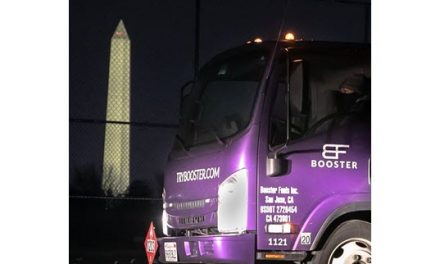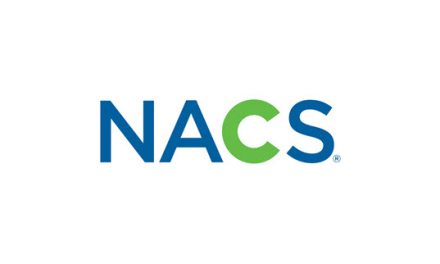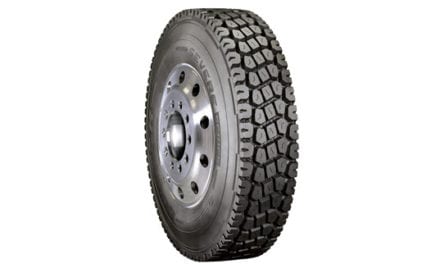How to evaluate whether to outsource operations or keep them in-house.
By Ellen Sowerby
Fleets can be managed either in-house or through outsourcing, which appears to be on the increase. Here is a look at the benefits and drawbacks of each approach so busy fleet operators can determine which is the best option for their business.
Choosing an approach to fleet management depends on the type of business, the number of vehicles and assets within the fleet, and most importantly, the available skills and workforce within the business.
A fleet manager’s responsibilities can seem overwhelming. There are a lot of boxes to tick. Here are just a few things to consider:
- Vehicle sourcing and purchasing
- Maintenance
- Driver requirements such as license checking
- Purchasing and disposal
- Vehicle funding
- Procurement management
- Fleet administration
- Parking and fines administration
- Driver support and training
- Health and safety compliance
- Vehicle tracking and communications
- Vehicle breakdown and recovery
Although managing this workload doesn’t tend to be a problem for larger fleets with tasks carried out across a team, for smaller fleets this could mean some, if not all, of these tasks can’t be done. And that may indicate a need for outsourcing help.
In-House Benefits
Managing and monitoring costs: You and your team know your business better than any external agency–no matter how good the supplier. Familiarity with the vehicles, drivers and resources can help identify areas of concern before they manifest into bigger problems. That can lead to smarter ways of working with the rest of the business that could save money or improve operational efficiency.
You can build individual relationships with suppliers and other specialists to deliver on service-level agreements and negotiate rates to save on both fleet costs and additional unplanned vehicle downtime costs just as an outsourced supplier would.
The big picture: Outsourcing can be great for nailing down specific improvements, especially in certain specialist areas. But, does the outsourced partner have the big picture in mind? Fully understanding your business’s wider plans and goals is key, and an in-house operation will get this. Sometimes, there might be an improvement that could be made to the fleet operation, which has an impact elsewhere on the business. Only an in-house team might be able to see that. That’s because an external service provider won’t have full access to your sensitive business information, such as investment and growth plans.
So, while you might be prepared to negotiate for additional budget funding by demonstrating the longer term cost-benefit analysis, an agency will tend to favor achieving only the targets and objectives as pre-agreed for length of the contract.
Outsourcing Benefits
Access to new ideas: Bringing an outsourcer in could be the fresh air your business needs. These specialists spend time working with many different companies’ fleet departments, and as a result bring new best-practice concepts and ideas which might prove invaluable in enhancing and streamlining your fleet processes.
Ability to focus: Is your business focusing on the wrong thing? Outsourcing fleet management could allow you to concentrate on the things that really drive the business forward. It may be easier to outsource the management of vehicles to a specialist organization to remove management strains and manage associated fleet risk.
Reducing risk: Do you find managing compliance and industry standards a nightmare? There’s ever-changing legislation to keep up with, too, and depending on the size of the operation, this may be less of a problem for larger fleet departments; however, for smaller ones, the risks can be just too great.
Outsourcing can help alleviate some of this worry. Processes and procedures will already be in place to minimize failure to comply, with tools such as fleet management systems creating auditable trails.
It’s worth noting though, that despite outsourcing, if things go wrong, the overall accountability will still rest with you.
Access to resource and knowledge: Outsourcing often means access to a plethora of specialist systems, tools and knowledge that had previously been unavailable. The systems and tools will in turn allow you access to market intelligence, giving you the ability to benchmark your performance to determine any shortfalls and areas of improvement.
Disadvantages of In-House
The costs: Running a fleet in-house comes with a capital cost. You’ll need to spend on providing the suitable facilities and equipment, and that can be a challenge for larger fleets, let alone smaller ones.
As an example, maintenance tasks carried out in-house will require workshops, equipment and trained staff—all of which can be expensive. These costs need to be compared to outsourced work to determine the best fit for your business.
Finding staff: Sourcing high-caliber, trained staff can prove troublesome in running an efficient operation. Can you find enough of the right people to run your operation?
Access to specialist technology: Ask yourself: Do you have the tools and systems in place to manage the department efficiently and to improve your operation? Some fleets rely on dated practices such as managing and reporting through spreadsheets and systems with limited integrations because of budget constraints. They may overlook costly issues.
Disadvantages of Outsourcing
Contract management: Once costs have been drawn up as per the contract, the potential to find future spending savings could be limited. That’s because these costs tend to be tied into the contract for the agreed period before they can be reviewed and amended. There are often penalty clauses in place for any such amendments being made before the end of the contract.
During times of trading difficulty when businesses tend to examine where they can make any cutbacks, you might find a reduction to fleet operations may not be possible due to contractual obligations.
There’s nothing worse than needing to let go of the workforce and vehicles through redundancy but still paying for a contracted service that is no longer required or only required in part.
Similarly, fleets lose bargaining power in areas such as purchasing vehicle parts. Suppliers will remain as set out in the contract and are bound to pre-agreed set prices, which could prove costly in the longer run.
Slower to move: Discussions with your fleet management organization will need to go through the proper channels, which can reduce efficiency itself. That’s because the correct policies and procedures need to be taken to initiate any changes or areas of concern, which can delay operations. This might make you less agile than if you could implement changes yourself.
How to decide between in-house or outsourcing fleet management? For smaller fleets that want to retain in-house management, there are options available to help, such as fleet management software. Outsourcing part rather than all of an operation is another option.
 Ellen Sowerby is the content marketing executive for Chevin Fleet Solution, a provider of dedicated fleet management software, with solutions for organizations of every shape and size—anywhere in the world.
Ellen Sowerby is the content marketing executive for Chevin Fleet Solution, a provider of dedicated fleet management software, with solutions for organizations of every shape and size—anywhere in the world.









